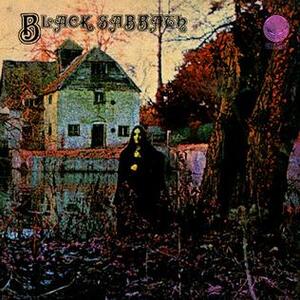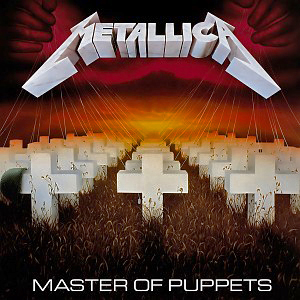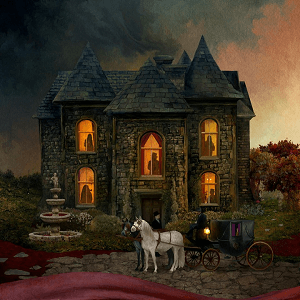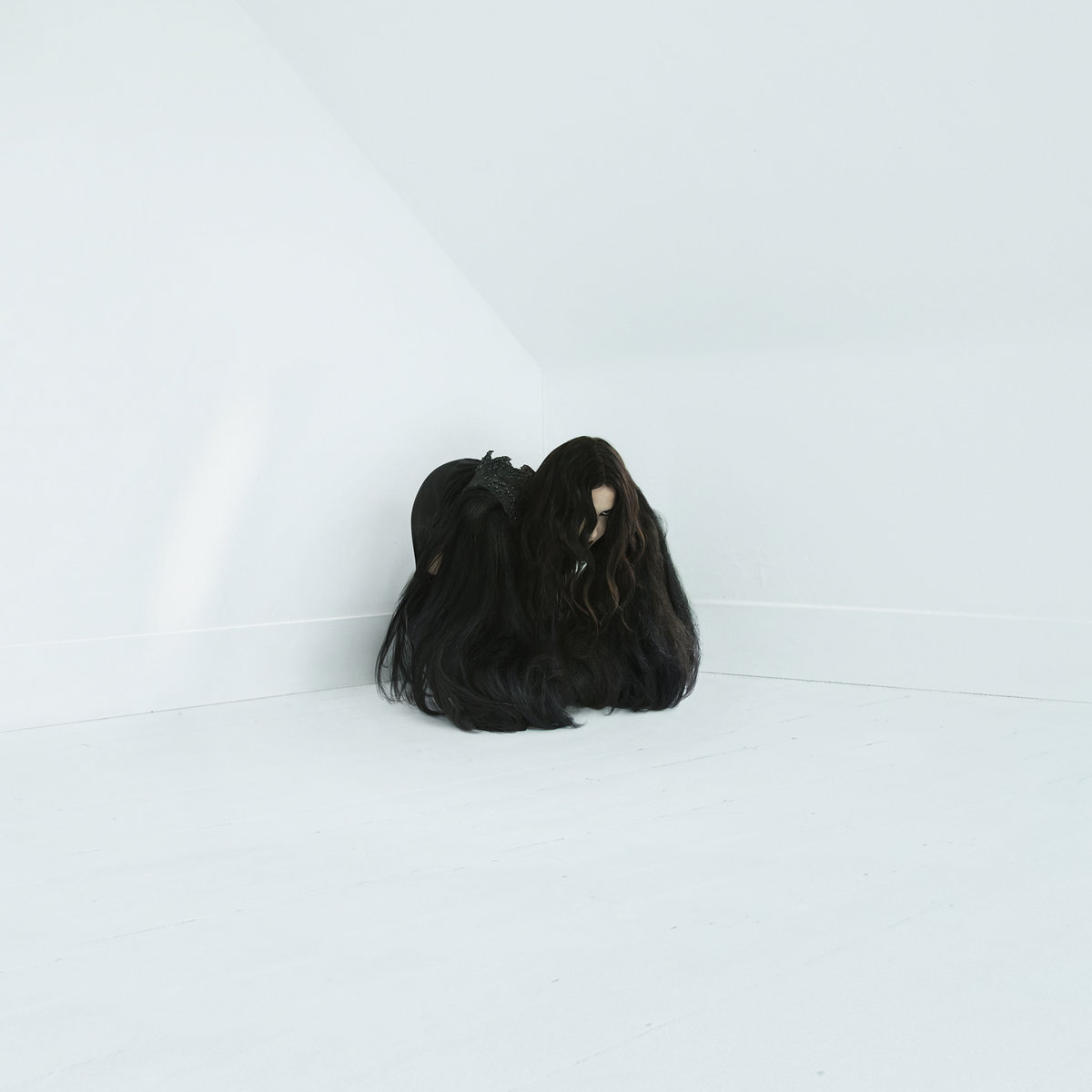 |
| How it all came together... Black Sabbath's self-titled debut-album (1970) |
Thanks for 2020 being what it is I didn't quite realise that this year marks the 50th birthday of our favourite music genre. Which is quite ironic really since pretty much from the start apocalyptic imagery is one of the defining themes in metal lyrics and artwork.
| Probably one of the greatest pieces of escapism in music history ever: Judas Priest - Painkiller (1990) |
I talked on this blog before about Black Sabbath's first two albums and what genre-defining significance their music had. And while there have been quite heavy sounding bands around before 1970, like Led Zeppelin, Deep Purple, Blue Cheer or Steppenwolf, none of them blended such heaviness in tone and rhythm equally dark and (for the time) edgy lyrical themes so consequential and compellingly.
 |
| Of course I had to add Metallica. Luckily the motive really fits. Master of Puppets (1986) |
The Guardian published a compelling essay about their album Paranoid and I feel I don't have much to add to it, without sounding like I just repeat what they had to say. Therefore, instead of a retrospective, lets have a look at the present - and maybe a little into the future of metal in general too. Over the last 50 years the genre did branch out into countless genres and subgenres, some of them quite narrowly defined and surprisingly traditional. Overall a lot of the metal today feels - pretty much since the 2000s - rather stagnant and often quite bland. Too many bands that try to hit a bigger audience sound very safe and streamlined. The way the music industry today works may play a role here, but as a metal fan who likes the genre for its boldness, stark contrasts and strong emotions it can express, this just feels so wasteful when there is just another... product.
 |
| Definitely not just another product. System of a Down's Toxicity (2001) |
On the other hand though, the abundance of cheap, good quality equipment and software offers possibilities like never before in the history of music. Any bedroom artist on a tight budget can now access better tools and equipment than professional studios had just a few decades ago. Just go and visit bandcamp. It might not be the most popular choice for listening to music, but what does popularity say anyway? There are tons of exciting bands out there that still radiate that uncompromising, dark and raw feeling that made me simply love metal. Bands that try something new, mix genres and just go for it, without the pressure of hitting a certain target audience or whatever. Bands that just want to make their music.
 |
| One of the progressive metal bands that actually is progressive: Opeth - In Cauda Venenum (2019) |
Metal might not be as big in the mainstream as it has been in the 80s for example, but that doesn't has to be a bad thing. Not every successful album of that era was necessarily a good one. Streamlined, target audience-focused music isn't a recent invention. To me, metal being more of a niche-genre today is actually a good thing. Its still big enough to draw large crowds to festivals (well, maybe not in 2020^^) and sites like the aforementioned bandcamp, soundcloud or Youtube (yeah, Spotify is missing in this list. I don't use Spotify.) together with small independent record labels offer good platforms for new and exciting bands to be heard. I also wonder how much the current social-distancing-situation will inspire people to pick up an instrument. Like with other music equipment, they have never been that good for that little money.
 |
| Folky, experimental doom metal. Chelsea Wolfe - Hiss Spun (2017) |
So yeah, its not all doom and gloom for metal (pun intended!). Far from it, actually. There are still plenty of diamonds to discover in the dirt. You might have to dig a little to find them, but its worth it.

Keine Kommentare:
Kommentar veröffentlichen